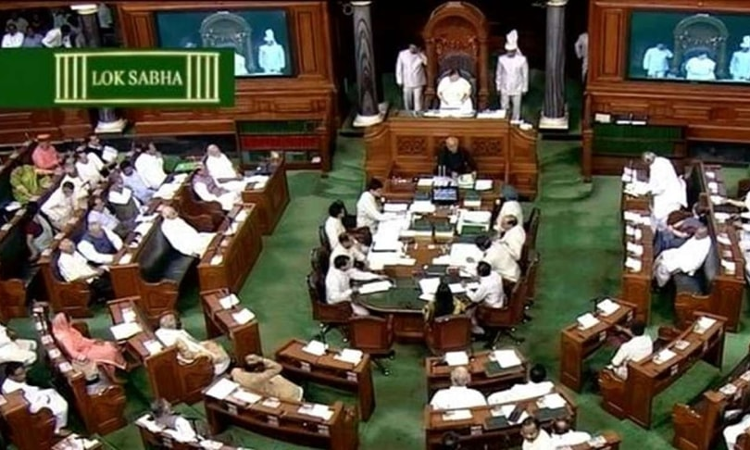Lok Sabha Clears Bill To Merge Three Municipal Corporations In Delhi
Akshita Saxena
30 March 2022 9:41 PM IST

Next Story
30 March 2022 9:41 PM IST
The Lok Sabha on Wednesday passed the Delhi Municipal Corporation Amendment Bill, 2022, which seeks to merge three municipal corporations in the national capital.The Bill introduced by Home Minister Amit Shah seeks to amend the Delhi Municipal Corporation Act, 1957 and unify South Delhi Municipal Corporation (SDMC), North Delhi Municipal Corporation (NDMC) and East Delhi Municipal...
